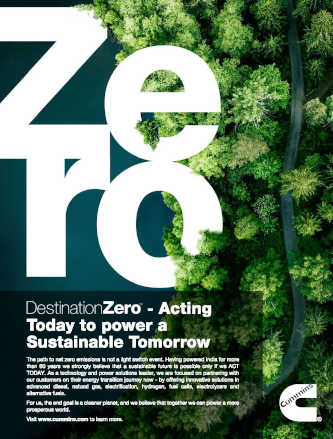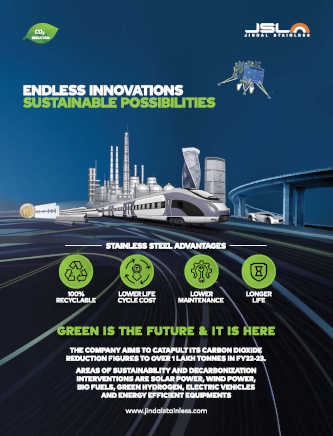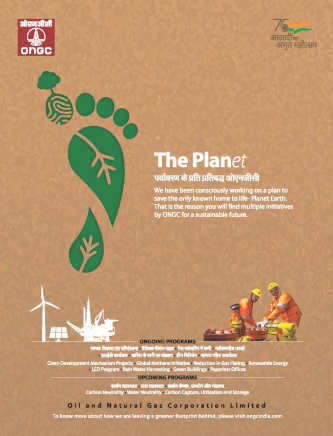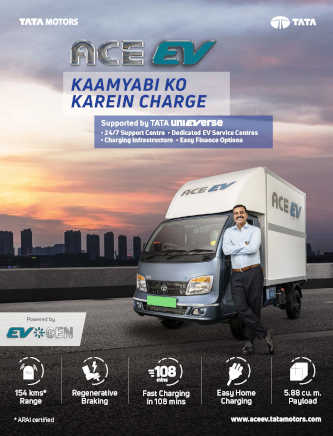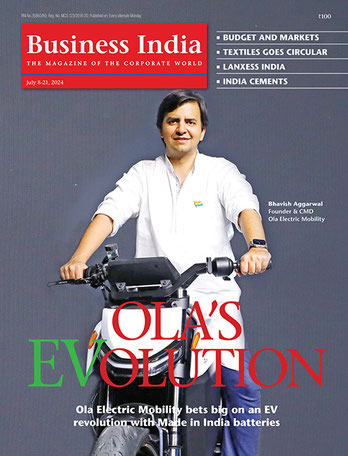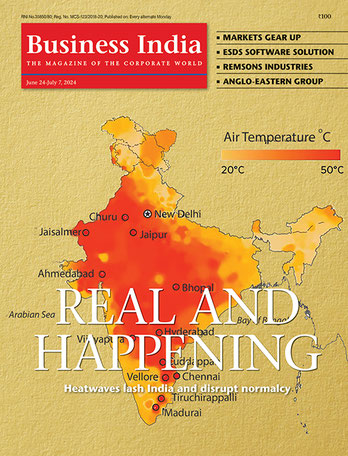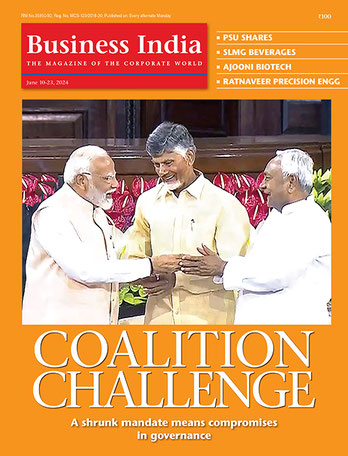The Hyderabad-headquartered cab fleet operator WhistleDrive has taken the road to help limit climate change by introducing electric vehicles (EVs) to pick up and drop its corporate customers. “We had a trial run with some 50 EVs in some of our clients’ transportation - and it's a big hit!” says the company’s operations director Prashanth M. “The best part is that we were able to reduce their overall transportation cost.”
With worldwide experience showing that EVs reduce emissions compared to the normal petrol or diesel cars, WhistleDrive is taking advantage of many multinational companies having shown interest over the past five years in adopting electric fleets for their employee transportation.
Finding that the adoption is increasing year by year, the company also realised that the benefits of driving EVs are highest in nations that use fewer fossil fuels in generating electricity. The average emission from electric cars over their lifetime have also been found to be up to 80 per cent lower than that from petrol cars.
In India, the current transportation industry is just the same from the time it started, with the same fuels being used by most vehicles whether they are in private, public or corporate transportation. The government is, however, encouraging individuals and companies to adopt more EVs with incentives and subsidies.
-
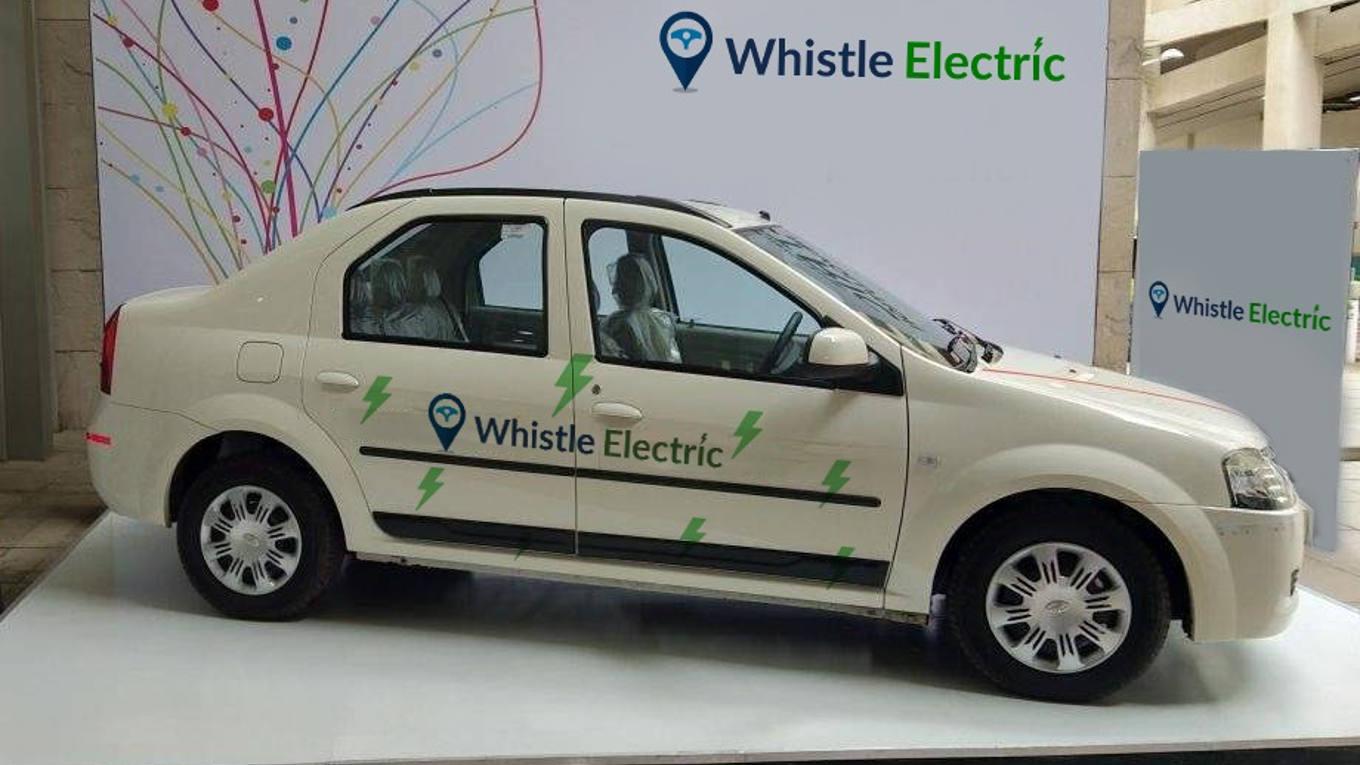
WhistleDrive’s electric cabs combat climate change


